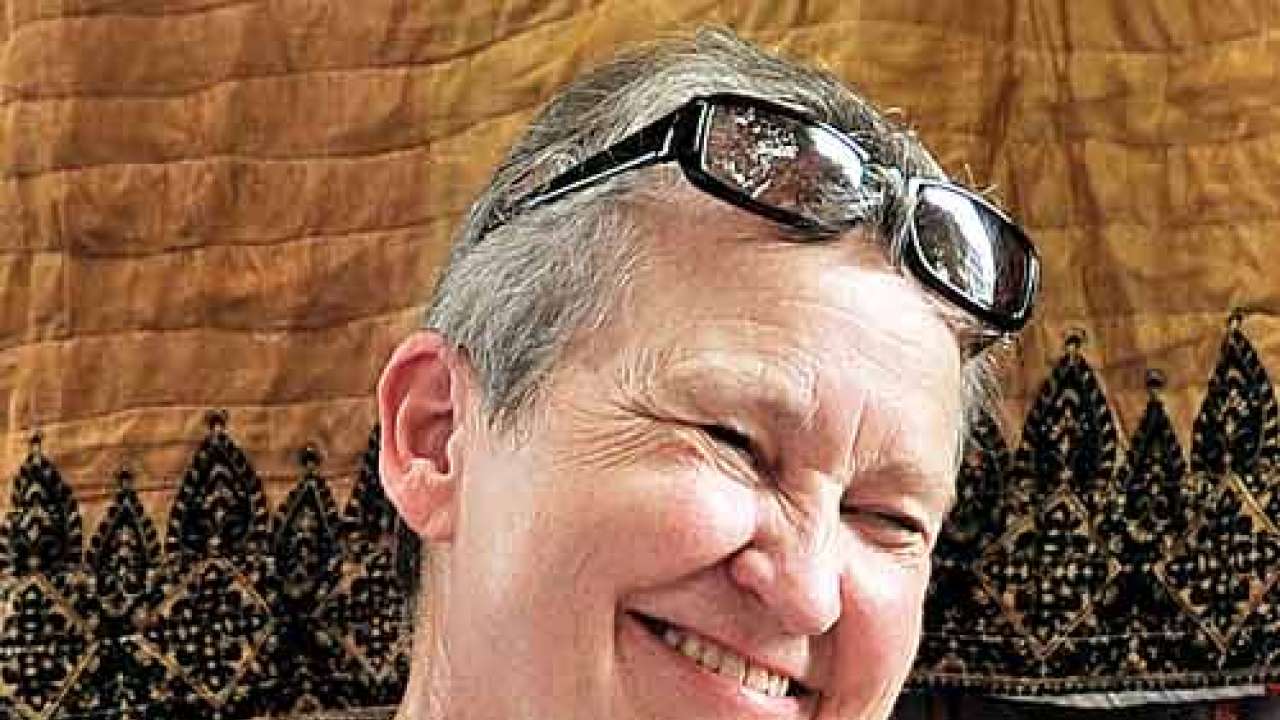
US ambassador to India Nancy Powell, 66, categorically said on Monday that an Indo-US strategic treaty will never be signed.
She was taking part in an interaction with a select group of journalists at the US consulate.
Replying to a question from dna on why the four rounds of strategic talks had not fructified into a pact between the two democracies, Powell said it would be better if this important area was left fluid. If the two nations go in for a treaty then every word of the pact would have to be studied closely and agreed upon and the endorsement of the legislatures of the respective countries has to be had before the agreement is put into practice.
After the signing of the Indo-US nuclear deal in October 2008, there was widespread expectation in foreign policy circles that the two countries would follow it up with a strategic treaty. But now, the US envoy has completely ruled it out preferring a flexible approach to the critical issue of strategic collaboration.
Powell said the “broadening and deepening” of Indo-US ties was not aimed at China or anyone else. She said the US recognised India’s role in this part of Asia and on the global stage as a whole. She said there was commonality of interest in several areas and the strengthening of relationship was in the mutual interest of both nations.
Referring to the US pull out from Afghanistan, she clarified that it will not be a “retreat”. The US would continue to have some of its troops in Afghanistan for training the local army and other purposes. She said the trilateral relationship between Washington DC, Kabul and New Delhi was an important factor of peace and stability in the war-torn nation.
She noted that India had committed itself to huge investments in Afghanistan and India’s concern about the security architecture in that country need to be addressed. She hoped that Kabul would sign a treaty which would provide a framework for stability and growth.
She said there were currently “three bands” to Indo-US ties. One was the ongoing strategic dialogue and the huge potential for bilateral trade. She said bilateral trade could easily go up to $500 billion annually if the right steps were taken. There was also tremendous scope for people to people contact.
She said the decline in the number of Indian students going to the US was a temporary phenomenon which has been reversed. The second band was expansion of India’s influence on regional and global issues.
She said the US and India did have differences in areas like climate change. But overall, Washington DC supported India’s increasing role. Close collaboration in science, technology and health was another key feature of the second band.
The third band was the deepening of military ties and pooling of resources in countering terrorism. She noted that the defence forces of the two countries were majorly collaborating with each other through joint exercises and defence trade.
Now there is a move to jointly produce defence equipment. She said later this week there would be meeting of police chiefs from the US and India in New Delhi to devise counter-terrorism strategies. However, she said the nuclear liability bill, which was unique in the world, was deterring global firms from moving into the Indian civil nuclear market. She hoped that the fears of these firms would be adequately addressed by the Indian government.
Asked how the US would do business with Narendra Modi if he came to power after the Lok Sabha polls since her country had denied him visa, Powell replied that Indo-US ties were not dependent on the election result.
Powell said the Delhi gang rape of last year had received wide publicity in the US and there was a perception about the situation in India.
She said it was for India to change that perception. She also noted that unlike in the US where there was a support system for new students from abroad, India did not have any such facility.
Regarding terror mastermind David Headly, who had played a crucial role in the 26/11 attacks on Mumbai, Powell said he was currently undergoing a jail term in the US and hence it was not possible to send him to India. “Indian agencies were given access to him in the US,” she said.